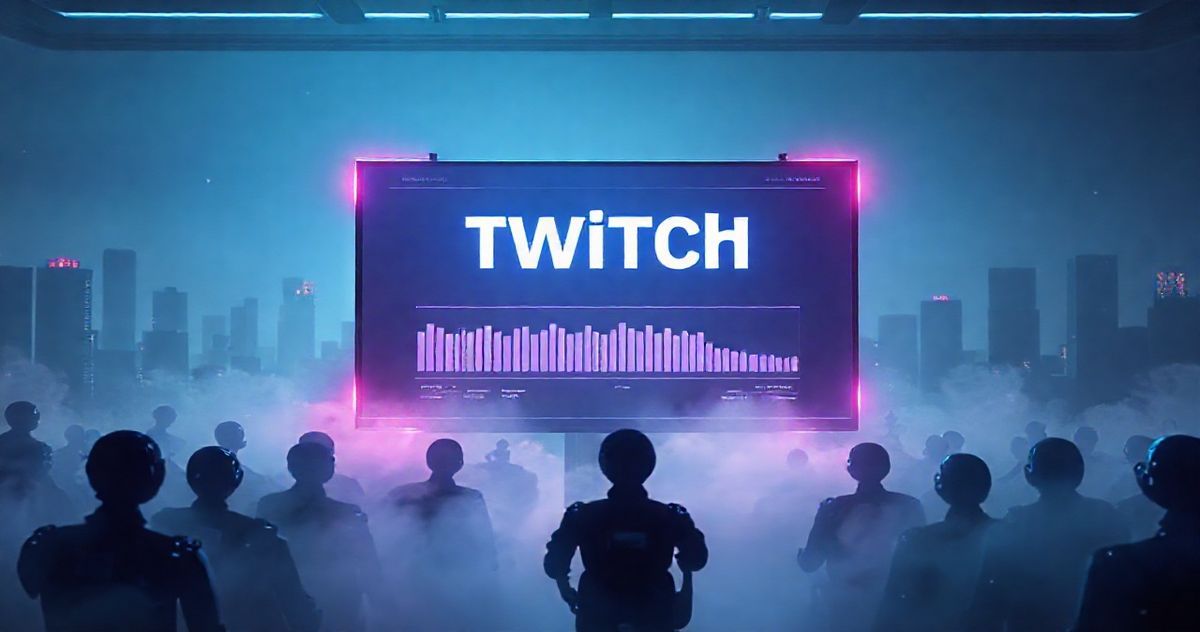Did you know that over 30 million Americans are currently working under a noncompete agreement? That’s almost one in five workers! For years, these little clauses have been a quiet part of the American job landscape, often hidden in the fine print of employment contracts. They dictate what you can and can’t do after you leave a company, sometimes for a long time and across a wide area.
Well, there was a moment, not too long ago, when it seemed like the days of these restrictive agreements might be numbered. The Federal Trade Commission (FTC) made a bold move, proposing a nationwide ban that promised to free millions of workers. It was a big deal, a real shot in the arm for worker mobility and freedom. But now? That grand plan has collapsed. The FTC recently withdrew its appeal against a legal challenge, effectively killing the sweeping ban. This means millions of us are still bound by those papers we might not have even read that closely. It’s a real gut punch for anyone hoping for a fresh start or a chance to climb the career ladder without legal threats hanging over their heads.
### What Even *Is* a Noncompete, Really?
Let’s keep it simple. A noncompete is basically a fancy legal paper your employer makes you sign. It says that if you leave their company, you can’t go work for a competitor. Or, you can’t start your own similar business. This restriction usually lasts for a certain amount of time – maybe six months, a year, or even two – and within a specific geographic area. So, if you were a sales rep for ‘Gadget Co.’ in Portland, a noncompete might say you can’t sell gadgets for ‘Gizmo Inc.’ in Portland for a year after you quit.
Initially, noncompetes were supposed to protect really valuable stuff, like trade secrets or super specialized training. Think a secret soda formula or top-secret rocket science. Makes sense, right? You don’t want someone walking out the door with your crown jewels. But over the years, employers started using them for everything. We’re talking fast-food workers, hair stylists, even camp counselors. It became a tool to keep employees from leaving, even if they had no access to any real company secrets. It kept wages low because workers couldn’t easily jump ship for a better offer. It also stifled innovation because people couldn’t start their own competing businesses.
### Hope on the Horizon, Then a Quick Retreat
Back in 2023, the Federal Trade Commission (FTC) made a huge splash. They announced a proposed rule that would ban almost all noncompete agreements nationwide. It was a massive move, aimed at boosting competition, raising wages, and giving workers more freedom. The FTC argued these agreements were unfair, hurt the economy, and limited people’s choices. Imagine the relief for all those Maria’s out there, finally seeing a path to their dreams! Many thought this was the moment everything would change. Legal experts debated, businesses scrambled, and workers dared to hope.
But that big dream just fizzled out. The FTC recently pulled its appeal in a key legal case. This case, brought by a business group, challenged the FTC’s authority to issue such a sweeping ban. The Fifth Circuit Court of Appeals had already issued a stay, basically putting the ban on hold. Instead of fighting it out further, the FTC decided to withdraw. This means the proposed ban, which was supposed to go into effect, won’t happen. The legal landscape for noncompetes pretty much stays where it was before the FTC got involved. It’s a huge disappointment for advocates of worker mobility and a victory for businesses who prefer to keep these agreements in place.
### Millions Still Stuck: The Everyday Impact
So, what does this mean for the over 30 million Americans still working under these agreements? Well, for now, not much changes. If you signed a noncompete, it’s likely still valid, depending on the state you live in. This affects a surprisingly wide range of jobs, not just the high-tech or executive roles you might expect. Here are just a few examples of professions where noncompetes are common:
* Fast-food managers and even entry-level staff
* Hair stylists and barbers
* Fitness instructors and personal trainers
* Nurses and other healthcare professionals
* Tech workers (from coders to sales reps)
* Engineers and designers
* Consultants across various industries
Think about Maria. She’s a talented pastry chef at ‘Sweet Delights’ bakery. She signed a noncompete when she started, barely glancing at the fine print. It said she couldn’t work for any other bakery within a 10-mile radius for two years if she left. Maria dreams of opening her own little cupcake shop, ‘Maria’s Muffins,’ across town. When the news broke about the FTC’s proposed ban, her heart soared! She thought, ‘Finally, I can chase my dream without worrying about getting sued.’ She even started sketching out business plans. But now? With the ban off the table, Maria feels stuck. Her dream seems further away than ever, trapped by a paper she signed years ago without fully understanding its power.
### What Happens Now? Your Options (Or Lack Thereof)
With the federal ban off the table, the rules around noncompetes largely fall back to individual states. Some states, like California, North Dakota, and Oklahoma, already have strict laws severely limiting or completely banning noncompetes. Others, like New York, have made moves to do so but haven’t fully cemented them yet. Then there are states where noncompetes are broadly enforceable. So, whether your noncompete is valid depends heavily on where you live and where you work. It’s a confusing patchwork of laws, and it means workers often don’t know their rights without diving into complex legal research.
For most people, the advice remains the same: read your contracts carefully. If you’re asked to sign a noncompete, understand what it means for your future career path. Don’t be afraid to ask questions, and if you have concerns, consider seeking legal advice. While the big federal hammer didn’t drop, the conversation about worker freedom and fair competition isn’t over. This recent reversal is a setback, but it also highlights the ongoing need for clearer, fairer rules in the workplace.
So, while the federal ban didn’t happen, the conversation isn’t over. But for now, millions of us are still under the thumb of these agreements. What do *you* think needs to happen next to give workers more freedom and mobility in their careers?











